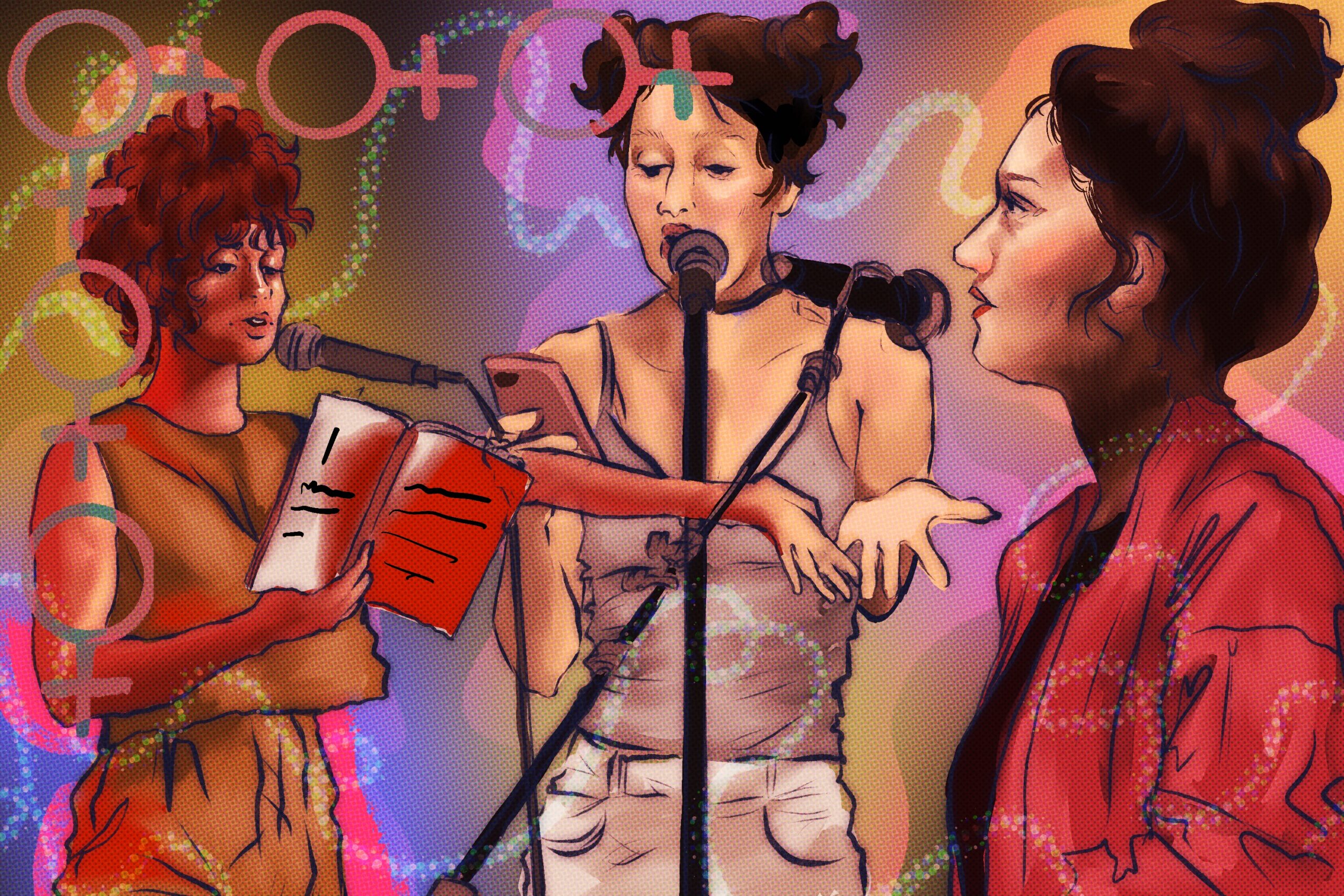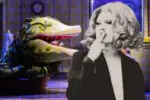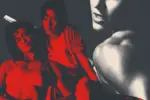In the belly of Olivia Gatwood’s literary realm, one finds the gnashing teeth of girlhood laid bare. A symphony of rage and raw emotion picks at the cotton-candy brains of readers and holds up to the light uncomfortable truths: the commonness of female rage, the sweet sugar of love juxtaposed with the slow, messy molasses of heartbreak, and a healthy serving of the startling expanse of grief. Her narratives span from the pink days of childhood to indigo adolescence, framing the blueness that characterizes the oftentimes brutal transition from girl to woman. Gatwood peers into her own soul, but it might as well be the psyche of the collective female she’s referencing; her work plucks chords amongst the guitar hearts of young girls desperate for someone to map out what all of this is and what it all means. In a world where mainstream media often perpetuates standards of censorship and agreeableness, Gatwood directly challenges these notions of self-suppression. Her writing glares unabashed back at the reader, unafraid of the claims it has made or the feelings it invokes.
Although exemplifying a holy trinity as an author, poet, and educator, Gatwood is perhaps best known for her spoken word poetry performances. Her command of the stage and of her own voice parallels that of a one-woman musical, her words straight from the preacher to the pews. Her sermons range from an “Ode to the Women on Long Island,” to wormholes that lead to an “Alternate Universe in Which I am Unfazed by the Men Who Do Not Love Me”— all of her poems manage to enthrall audiences and demonstrate a skill for not only the art of writing, but for her poignant delivery necessary for the kind of raw, powerful subject matter Gatwood weaves into her poetry. She knocks the breath out of her audiences and connects strangers over the shared experiences and emotions she emphasizes in her work.
It was through these performances where I first found her poetry. After watching her, impressionable teenage me wanted to be Olivia Gatwood when I grew up: unwavering and bold, witty and unapologetic, three-dimensional, sexual, brazen and direct. Her refusal to make her subject matter smaller or more digestible as well as her willingness to discuss the dark underbelly of life and controversial topics some wouldn’t touch with a ten-foot pole cemented my respect for her. These things convinced me Gatwood was Superwoman. She didn’t have to fly, or lift cars or stop bank robberies. To see a woman living her truth was enough to radicalize me, to convince me I didn’t care if the boy I liked thought the slit in my eyebrow was sexy or not, or if my poems were interesting to an audience when I wasn’t sure why I was performing to them anyways. Her writing introduced me to the thrill of removing the male voyeur inside my head, to instead exist to please myself and step into the words that characterize my own griefs, conflicts, and joys.
In regards to her written work, Gatwood’s debut collection of poems, released under the title “Life of the Party”, demands the attention of the reader in matters of political and personal spheres. “Addendum II to No Baptism”, one of the features in her collection, displays an especially gut-punching line “…no one wants a half-remembered tragedy. You must know the width of the knife and how it ruined you, name the organs it kissed.” Gatwood time and time again asks the reader to come to terms alongside her with the grief of growing. She couples the unique female experience of existing in a society that profits off the insecurities and exploitation of girls with what it feels like to witness the slow death of identity women face in the eyes of men, their essence second to the sexual gratifications they provide.
It’s an oftentimes jarring read, but Gatwood asks us to look beyond the superficial beauty of the suburbs and the standard script around culture and community. She wants us to question the brutality that is hidden from our eyes, the violence that is craftily plated so it is easier to digest by the masses.
Furthermore, she asks us to look inwards and outwards; many of her poems personify the startling statistics centering around violence against women, especially through an intersectional lens. She speaks of the grave mistreatment of black and brown missing persons and the disproportionate media coverage received in cases concerning women of color. In her poem “Body Count: 13”, Gatwood creates a jigsaw puzzle of prose, her own words interconnected with quotes from the Albuquerque Journal, referencing the coverage of the murders of eleven black and brown women–the majority of whom were sex workers–and one fetus found buried in New Mexico. Gatwood asks us not to turn away from this cowardly act of violence, but to let it enrage us, to turn to our sisters and mothers, the strangers on the street, and realize our safety is actively tied to our willingness to work for the safety of others. She urges us to be steadfast in our resolve to not turn our cheek towards injustice, but to denounce it boldly, which Gatwood shows us is a method of resistance in a society that seeks to normalize the violence and murder of young women and to desensitize the public to the grief that surrounds the senseless death of any individual.
Gatwood’s work serves as a wonderful reclamation of the female experience, which is often sold and marketed to teenage girls as a constant stream of insecurity and performance. From pink ribbons to keys jammed between knuckles, Gatwood denies the narrative fed to women concerning their submission to a culture that casually propagates violence against them, from pornography to video games. Her work made teenage me realize it was okay to care more about being yourself than being liked, that a feminine trait was not smallness and the reduction of oneself for a more palatable taste. The beating, butterfly heart of Gatwood’s work flutters in all of us: a yearning to be honest, brave and to make a world that is kinder to us all.

















